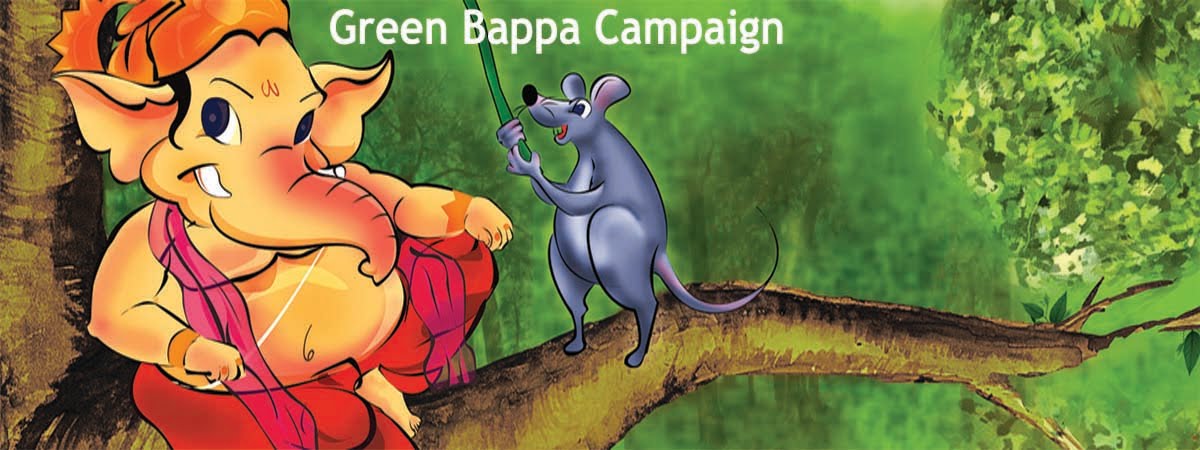Shadu Idols
Shadu is a kind of clay found in
the river bank, mostly in the konkan region of Maharashtra. A traditional
medium of making Ganesh idols, shaadu clay is an eco-friendly way of making Ganesh
idols. Shaadu idols were worshipped in Maharashtra since centuries and there
are still artists who only make shaadu idols. Since it is entirely made of
natural clay, shaadu does not add to the pollution of the water. Shaadu idols are the fastest idols to dissolve
in the water compared to paper mache and PoP idols (According to an experiment
conducted by Prof. Asolekar, IIT B). They are made from natural material hence
do not harm to marine life.
However there are reservations
among people to use shadu idols. The biggest concern is that since they are made
of clay, these idols tend to break. Also unlike the PoP idols which are light,
shaadu idols are quite heavy making them difficult to transport long distances.
Ecologically though, there are
other problems like the paint used on shaadu idols is the same as used in PoP
idols so even though the idol dissolves in the water, the paint still sticks to
the idols giving out harmful chemicals to the water. Also there is the problem
of removing soil from one part of and then depositing in another, causing
damage to the original habitat due to huge numbers of idols immersed.
However, when compared to PoP
idols, shaadu idols are much better and there must be more awareness among the
artisans to use eco friendly colours to reduce the impact.
Advantages of Shaadu idols:
·
Are natural do not cause water pollution
·
Do not harm the environment
·
Fastest to dissolve in water
Disadvantages of Shaadu idols:
·
Tend to break if not handled carefully.
·
Is heavier than Pop idol.
·
If regular paint used, still can cause pollution.
(picture courtesy- www.ecoexist.com)
